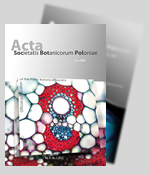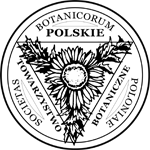Abstract
The pulp of potato tubers (Solanum tuberosum), topinambur (Helianthus tuberosus) and apples (Malus silvestris) can hydrolyse totally, or almost totally, ester bonds in phenyl, α- and β-naphthyl, benzyl and cinnamyl acetates. In methyl 4-acetoxy-3-metoxybenzoate and methyl 2,5-diacetoxybenzoate as well as testosterone propionate and 16,17-acetonide of 21-acetoxy-6-fluoro-16α,17β,21-trihydroxy-4-pregnen-3,20-dione, the hydrolysis is selective towards the substrate and the bioreagent. In contrast, ethyl benzoate and cinnamate are resistant to hydrolysis.
Keywords
Malus silvestris; Solanum tuberosum; Helianthus tuberosus; hydrolysis of esters; shikimic acid derivatives; fruit pulp; biotransformation







